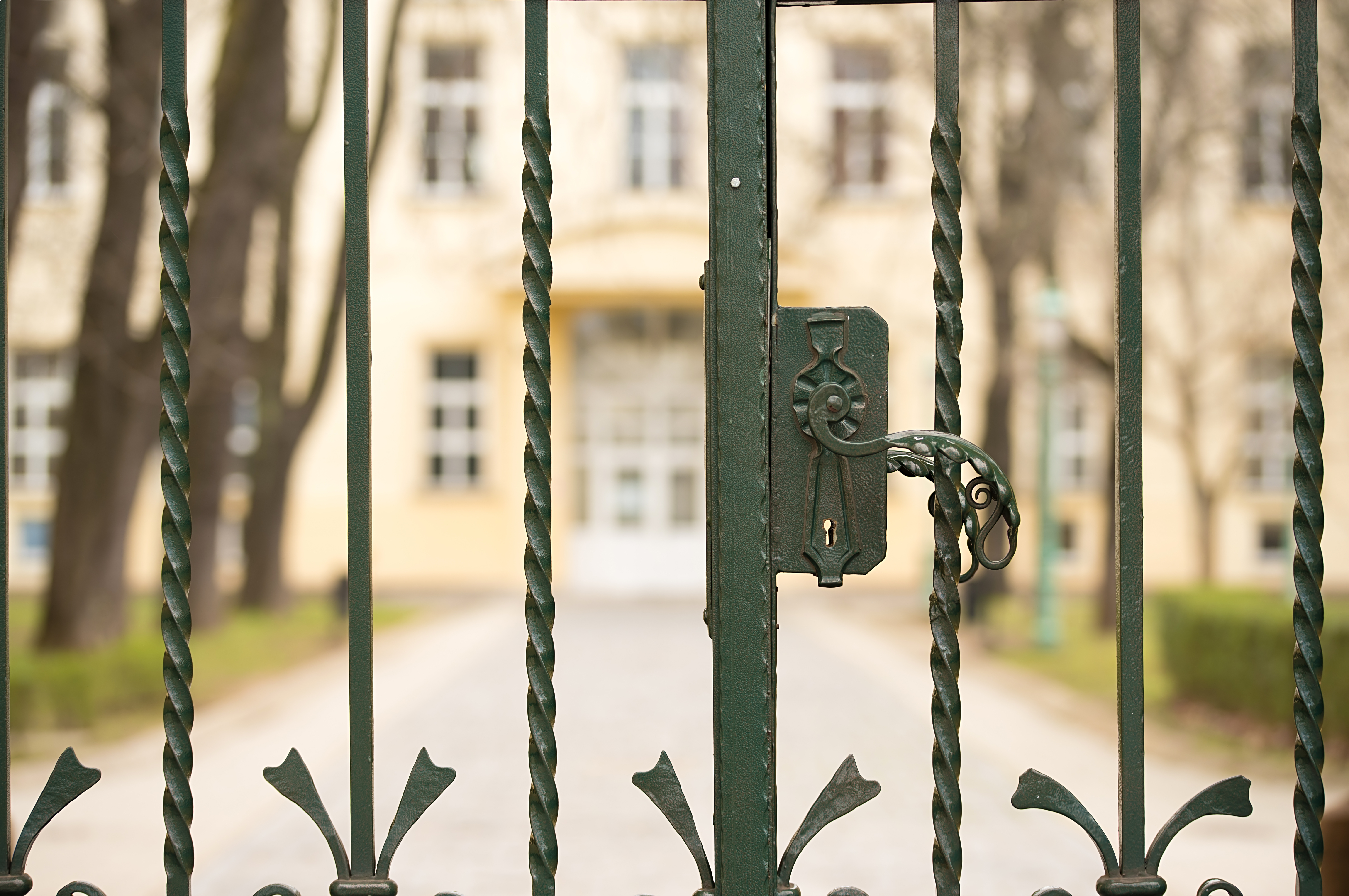Imagine a courier riding furiously through the streets, weaving in and out of traffic, with a large bag on their back and their destination, and their customer … a student at your school. The Sydney Morning Herald recently published an article about Sydney school students using food delivery apps to expand their culinary range when deciding what they want for lunch. However, this is not a new occurrence, since children have had access to mobile phones, they have been able to order and deliver food and other goods and services at their behest. This raises the question: do you know what is going to be delivered through your school’s gates?
Food glorious food
With culinary convenience at our fingertips, the school canteen is no longer the end of the frontier when making the decision on what to have for lunch. To satisfy selective appetites, the advent of the food delivery apps have made it easier for students and teachers to get meals delivered. The Sydney Morning Herald has reported that students are ordering from food delivery apps such as UberEats, Deliveroo and Foodora. The food delivery apps are commonly used by senior high school students seeking an alternative lunch option or for a late-night study session meal. The deliveries are commonly delivered and picked up at the school gates.
At non-government schools with boarding houses, it is reported that it is, not uncommon for a pizza delivery scooter to deliver pizza to the boarders who stay over the weekend.
Apps and illicit substances
The use by students of apps to order goods or services directly to the school can have positive and negative consequences. Clearly, if a student forgot their lunch and money to use at the canteen, the use of a food delivery app using recorded credit card information enables the student to eat. However, it is also possible that students could use their mobile phones to order goods or services that are illegal or unsafe.
For example, the opportunity for illicit substances to be delivered to the school. Note that we are not intimating that the aforementioned apps may be used for this type of activity. Currently, there are no readily accessible delivery apps available to deliver illicit substances. However, there are internet services located via the Dark Web which can deliver just about anything to your doorstep or anywhere in the world.
Similarly, students may be able to order a ride home using ride sharing apps like Uber if they are, for some reason, unable to get home using public transport, by walking or with a lift from a parent or friend. The use of a ride sharing app raises all sorts of safety issues - as discussed by this Daily Telegraph article.
What schools need to note
If schools are aware of students ordering food to be delivered to themselves and others at school, they should be aware of the issues related to this practice.
Questions may be raised when students have food delivered to the school, such as:
- Is it just food?
- Is the food just for that child or is it to be shared or was it bought for others?
- Do the parents/guardians of the other children know about this order? Would they approve or object?
- Would the food products breach a cultural or religiously significant component of your school culture- for example, is it Halal?
- Is there anything in the food that could cause an allergic or anaphylactic reaction with a student at the school?
In order to help reduce concerns and to mitigate any risks that may be associated with unauthorised deliveries, schools may be able to use a minimisation policy. A minimisation policy may mandate certain things such as denying food deliveries to students during school hours.
There are also other considerations school should consider if and when these deliveries take place. There are student duty of care considerations that should take precedence when food is being delivered. These considerations include:
- Does the school know where the food came from?
- Does the school know where or how the food was prepared or how it was handled?
- Does the school know who is coming to the school gate to deliver food?
Schools, in this instance, have the power to deny unauthorised deliveries coming to the school as they have a duty of care to their students to provide a safe learning environment. However, they may find it difficult to stop parents delivering food to their own children.
There are also commercial implications that schools should consider. One of the many situations that may occur as direct result of food deliveries to schools is the canteen may suffer a loss of income as students may be seeking alternatives choices during the breaks.
Do your school's students use food delivery apps?


